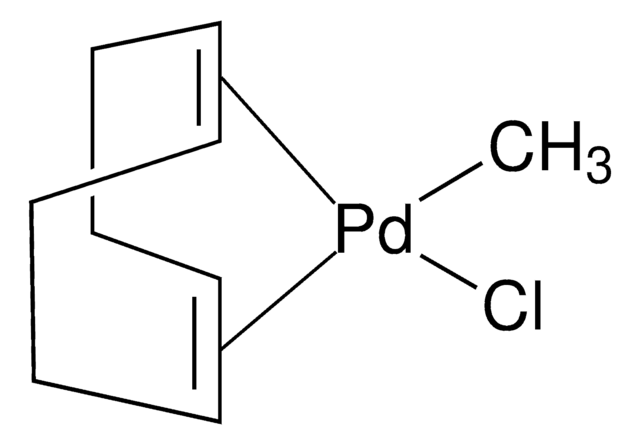746479
Lithium bromide
anhydrous, free-flowing, Redi-Dri™, ReagentPlus®, ≥99%
About This Item
Recommended Products
grade
anhydrous
Quality Level
vapor pressure
1 hPa ( 748 °C)
product line
ReagentPlus®
Redi-Dri™
Assay
≥99%
form
powder
quality
free-flowing
pH
7 (20 °C, 10 g/L)
mp
550 °C (lit.)
SMILES string
[Li+].[Br-]
InChI
1S/BrH.Li/h1H;/q;+1/p-1
InChI key
AMXOYNBUYSYVKV-UHFFFAOYSA-M
Looking for similar products? Visit Product Comparison Guide
General description
Application
- Solvent-free condensation of arylene diamines and esters to synthesize 2-substituted benzimidazoles and imidazopyridines.
- Three-component condensation of aldehydes, β-ketoesters, and urea to synthesize dihydropyrimidinones via Biginelli reaction.
- Solvent-free Ehrlich-Sachs reaction.
Legal Information
Not finding the right product?
Try our Product Selector Tool.
Signal Word
Warning
Hazard Statements
Precautionary Statements
Hazard Classifications
Acute Tox. 4 Oral - Eye Irrit. 2 - Skin Irrit. 2 - Skin Sens. 1
Storage Class Code
13 - Non Combustible Solids
WGK
WGK 1
Flash Point(F)
Not applicable
Flash Point(C)
Not applicable
Choose from one of the most recent versions:
Certificates of Analysis (COA)
Don't see the Right Version?
If you require a particular version, you can look up a specific certificate by the Lot or Batch number.
Already Own This Product?
Find documentation for the products that you have recently purchased in the Document Library.
Customers Also Viewed
Articles
Redi-Dri™ prevents hygroscopic powders, such as inorganic salts, from absorbing moisture and forming clumps, leaving the salts free-flowing every time.
Our team of scientists has experience in all areas of research including Life Science, Material Science, Chemical Synthesis, Chromatography, Analytical and many others.
Contact Technical Service







